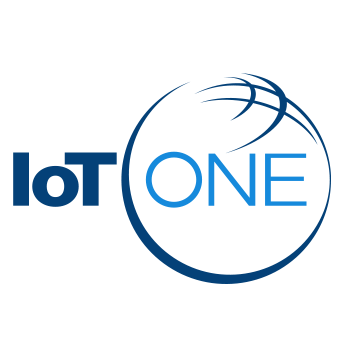Suppliers
United States
Impinj
Overview
This profile is not managed yet, if you would like to manage
this profile, please contact us at team@asiagrowthpartners.com
this profile, please contact us at team@asiagrowthpartners.com
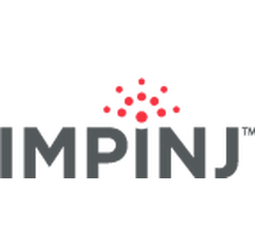 |
ImpinjDigital Life For Everyday Items |
| United States | |
| 2000 | |
| Public | |
| NASDAQ: PI | |
| $100m-1b | |
| 201 - 1,000 | |
| Open website |
IoT Snapshot
Technology Stack
Case Studies
Number of Case Studies8
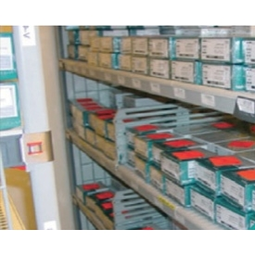 |
Hospital Inventory Management
The hospital supply chain team is responsible for ensuring that the right medical supplies are readily available to clinicians when and where needed, and to do so in the most efficient manner possible. However, many of the systems and processes in use at the cancer center for supply chain management were not best suited to support these goals. Barcoding technology, a commonly used method for inventory management of medical supplies, is labor intensive, time consuming, does not provide real-time visibility into inventory levels and can be prone to error. Consequently, the lack of accurate and real-time visibility into inventory levels across multiple supply rooms in multiple hospital facilities creates additional inefficiency in the system causing over-ordering, hoarding, and wasted supplies. Other sources of waste and cost were also identified as candidates for improvement. Existing systems and processes did not provide adequate security for high-cost inventory within the hospital, which was another driver of cost. A lack of visibility into expiration dates for supplies resulted in supplies being wasted due to past expiry dates. Storage of supplies was also a key consideration given the location of the cancer center’s facilities in a dense urban setting, where space is always at a premium. In order to address the challenges outlined above, the hospital sought a solution that would provide real-time inventory information with high levels of accuracy, reduce the level of manual effort required and enable data driven decision making to ensure that the right supplies were readily available to clinicians in the right location at the right time. |
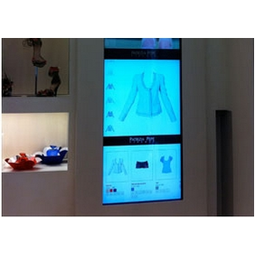 |
Retailer Uses RFID Scanner to Improve Efficiency
Patrizia Pepe wished to improve the logistics of their warehouse: accepting incoming goods from their production sites, movement of items throughout
the warehouse, and packaging of goods for distribution to the retail locations. They initially tried to use barcodes for this function. Because barcodes must be individually scanned within a line-of-sight, the acceptance of goods coming into the warehouse was too time consuming. Working with the University of Florence, Patrizia Pepe instituted a five-month pilot project beginning in August of 2009 to test the validity of an RFID solution. The pilot involved tagging of about 60,000 items for the second seasonal collection, and convinced the company to move forward with tagging all items. |
 |
Retail Uses RFID to Enable Cold Chain Monitoring
Like most grocery retailers, Hy-Vee is faced with the challenge of providing the highest quality products to its shoppers. Shoppers want the longest possible shelf life from perishable products and expect a consistent product experience each time they shop. Controlling the quality of products sold leads to shopper loyalty, which is of paramount importance to the success of Hy-Vee. Before products arrive in stores, Hy-Vee's distribution centers (DCs) handle items including dairy products, fresh meats, seafood, deli items, produce and frozen goods, all of which have different temperature needs and sensitivities. During transit from suppliers to DCs, Hy-Vee has limited visibility and temperature management abilities due to large amount of supplier managed transportation. For instance, during a week-long transit, a supplier's carrier equipment may malfunction, causing an item to thaw and then refreeze once repairs are made. Hy-Vee sought help from TempTRIP, an RFID solution provider that focuses on shipping, storage, receiving, and temperature control. TempTRIP's EPC RFID tags use Impinj chips to monitor and report temperature readings throughout the shipping and receiving process. The tags can also be re-configured and re-used, a unique feature within the current market of temperature monitoring devices. |
Similar Suppliers
Number of Similar Suppliers5
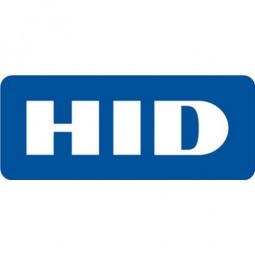 |
HID Global
HID Global is the trusted source for innovative products, services, solutions, and know-how related to the creation, management, and use of secure identities for millions of customers around the world. The company’s served markets include physical and logical access control, including strong Authentication and credential management; card printing and personalization; visitor management systems; highly secure government and citizen ID; and identification RFID technologies used in animal ID and industry and logistics applications. |
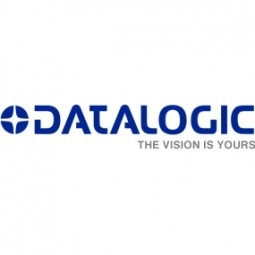 |
Datalogic
Datalogic is a global technology leader in the Automatic Data Capture and Industrial Automation markets. They are a world-class manufacturer of bar code readers, mobile computers, sensors, vision systems, and laser marking systems delivering innovative solutions for a wide range of applications in retail, transportation & logistics, manufacturing and healthcare. Datalogic innovation sets the standard in multiple industries. |
.jpg) |
Savi Technology (Lockheed Martin)
Savi is the leader in applying big data analytics, Data Science, and Machine Learning to in-transit visibility. We develop innovative Internet of Things (IoT) and in-transit visibility solutions for the largest and most complex supply chains in the world. More than 1,000 companies and government organizations depend on Savi applications to reduce supply chain disruptions, improve delivery performance, and decrease logistics costs. For more information about Savi visit www.savi.com. |
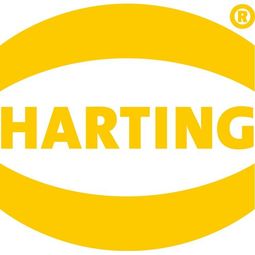 |
HARTING Technology Group
The HARTING Technology Group is skilled in the fields of electrical, electronic and optical connection, transmission and networking, as well as in manufacturing, Mechatronics and software creation. The Group uses these skills to develop customized solutions and products such as connectors for energy and data transmission applications including, for example, mechanical engineering, rail technology, wind energy plants, factory automation and the telecommunications sector. HARTING also produces electromagnetic components for the automotive industry, and is a specialist in industrial applications in the form of enclosures, housings, cabling and/or the assembly of individual or complete systems, as well as automated vending systems. |
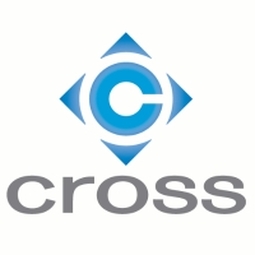 |
Cross Company
With specialized sales and engineering teams for machine automation, process control, instrumentation, data communication and fluid power technologies, Cross has the technical expertise to solve industries' most challenging automation applications. |


